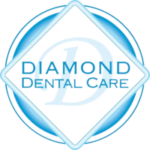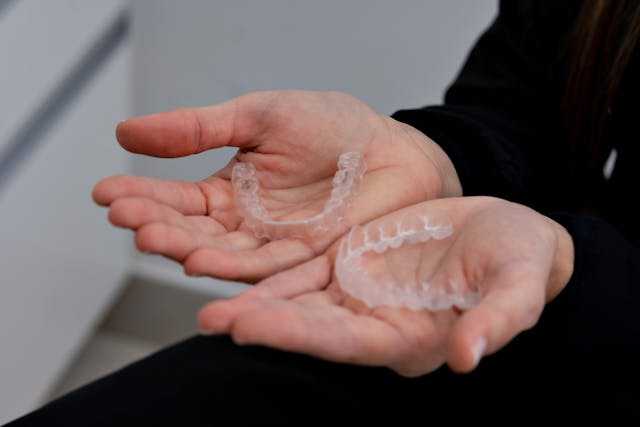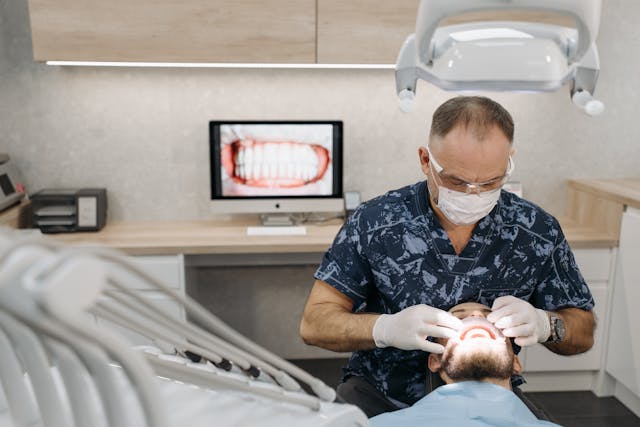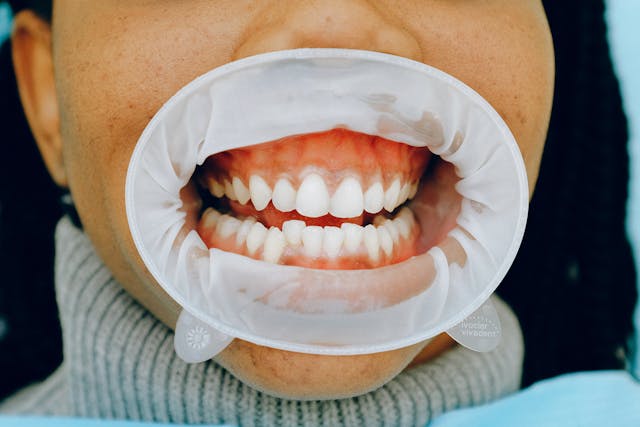A healthy smile isn’t just about looking good—it’s a sign of overall well-being. Proper oral hygiene helps prevent cavities, gum disease, and bad breath while contributing to better overall health. Follow these top 10 oral hygiene tips to maintain a radiant smile and keep your teeth strong for years to come.
To book your visit, call us at (909) 860-7579. You can also connect with us on Facebook or leave a review on Yelp. We look forward to seeing you!
1. Brush Your Teeth Twice a Day
Brushing your teeth at least twice a day is essential for removing plaque and food particles. Use a fluoride toothpaste and a soft-bristled toothbrush to protect your enamel and gums. Brush for at least two minutes, ensuring you reach all surfaces of your teeth.
2. Floss Daily
Brushing alone isn’t enough—flossing helps remove plaque and food debris from between teeth and under the gumline. Make it a habit to floss at least once a day to prevent gum disease and cavities in hard-to-reach areas.
3. Use Mouthwash for Extra Protection
Mouthwash can help kill bacteria, freshen breath, and strengthen enamel. Choose an alcohol-free mouthwash with fluoride for the best results, and use it daily as part of your oral hygiene routine.

4. Maintain a Healthy Diet
What you eat affects your oral health. Avoid sugary and acidic foods that can lead to cavities and enamel erosion. Instead, opt for a diet rich in calcium, phosphorus, and vitamin D, which help keep teeth strong.
5. Stay Hydrated and Drink Plenty of Water
Drinking water helps rinse away food particles and bacteria, reducing the risk of cavities and bad breath. It also stimulates saliva production, which plays a crucial role in protecting your teeth from decay.
6. Replace Your Toothbrush Regularly
Your toothbrush should be replaced every three to four months or sooner if the bristles become frayed. Using an old toothbrush can be ineffective in cleaning your teeth properly and may harbor bacteria.
7. Avoid Smoking and Tobacco Products
Smoking and using tobacco products can stain your teeth, cause bad breath, and increase the risk of gum disease and oral cancer. Quitting these habits will greatly improve your oral and overall health.
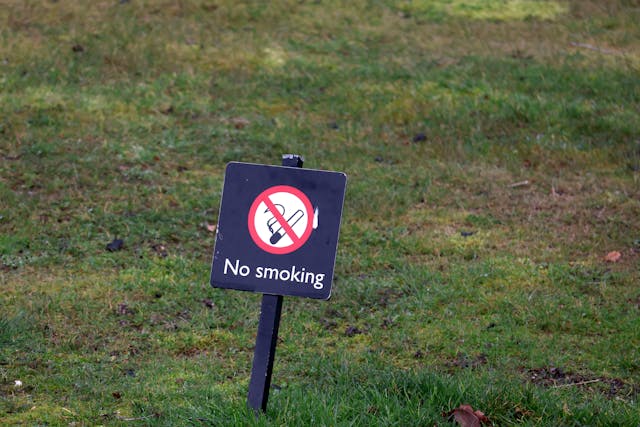
8. Visit Your Dentist Regularly
Routine dental check-ups and cleanings are vital for maintaining good oral health. A professional cleaning removes plaque and tartar buildup that brushing and flossing can’t reach. Schedule a visit to Diamond Dental Care, 303 South Diamond Bar Blvd, Ste 2C, Diamond Bar, CA 91765 for top-notch dental care.
9. Protect Your Teeth with a Mouthguard
If you play contact sports or grind your teeth at night, wearing a mouthguard can help protect your teeth from damage. Custom-fitted mouthguards from your dentist provide the best protection and comfort.
10. Be Mindful of Teeth Grinding (Bruxism)
Grinding your teeth can lead to worn-down enamel, sensitivity, and even fractures. If you suspect you grind your teeth, talk to your dentist about a custom nightguard to prevent further damage.
Conclusion
Taking care of your oral health goes beyond just brushing and flossing—it requires a comprehensive approach that includes a healthy diet, regular dental visits, and protective measures. If you’re looking for expert dental care, visit Diamond Dental Care, 303 South Diamond Bar Blvd, Ste 2C, Diamond Bar, CA 91765 for professional guidance and treatment.
To book your visit, call us at (909) 860-7579. You can also connect with us on Facebook or leave a review on Yelp. We look forward to seeing you!
FAQs
1. How often should I visit the dentist?
It’s recommended to visit the dentist every six months for a routine check-up and cleaning.
2. Can poor oral hygiene affect overall health?
Yes, poor oral hygiene can lead to infections, heart disease, and other health complications.
3. What is the best type of toothbrush to use?
A soft-bristled toothbrush with a comfortable grip is ideal for most people. Electric toothbrushes can also be more effective at plaque removal.
4. How can I prevent cavities naturally?
Brushing twice a day, flossing, eating a balanced diet, and using fluoride toothpaste can help prevent cavities.
5. What should I do if I have bad breath?
Maintain good oral hygiene, drink plenty of water, and visit your dentist to rule out underlying dental issues.
